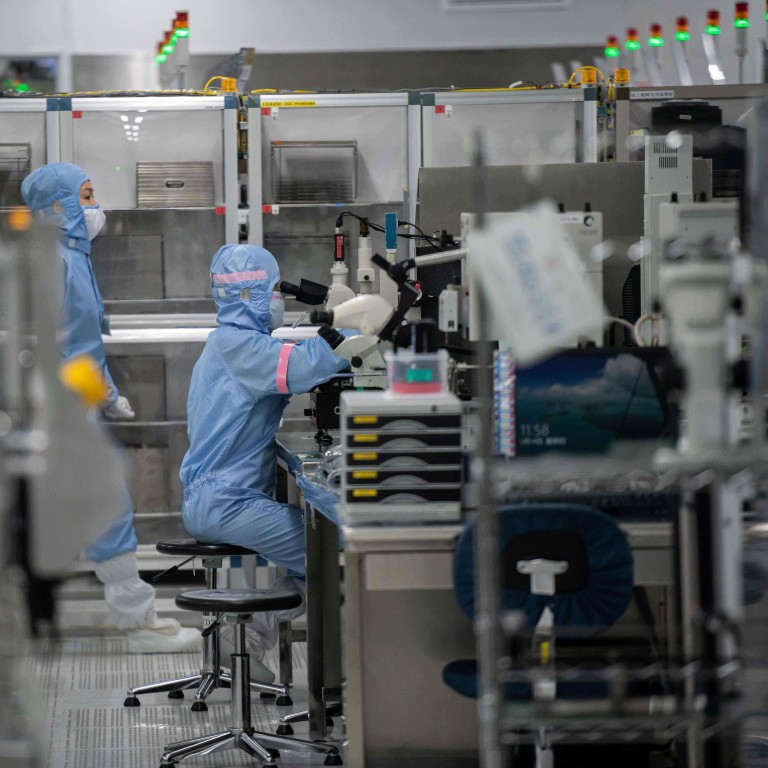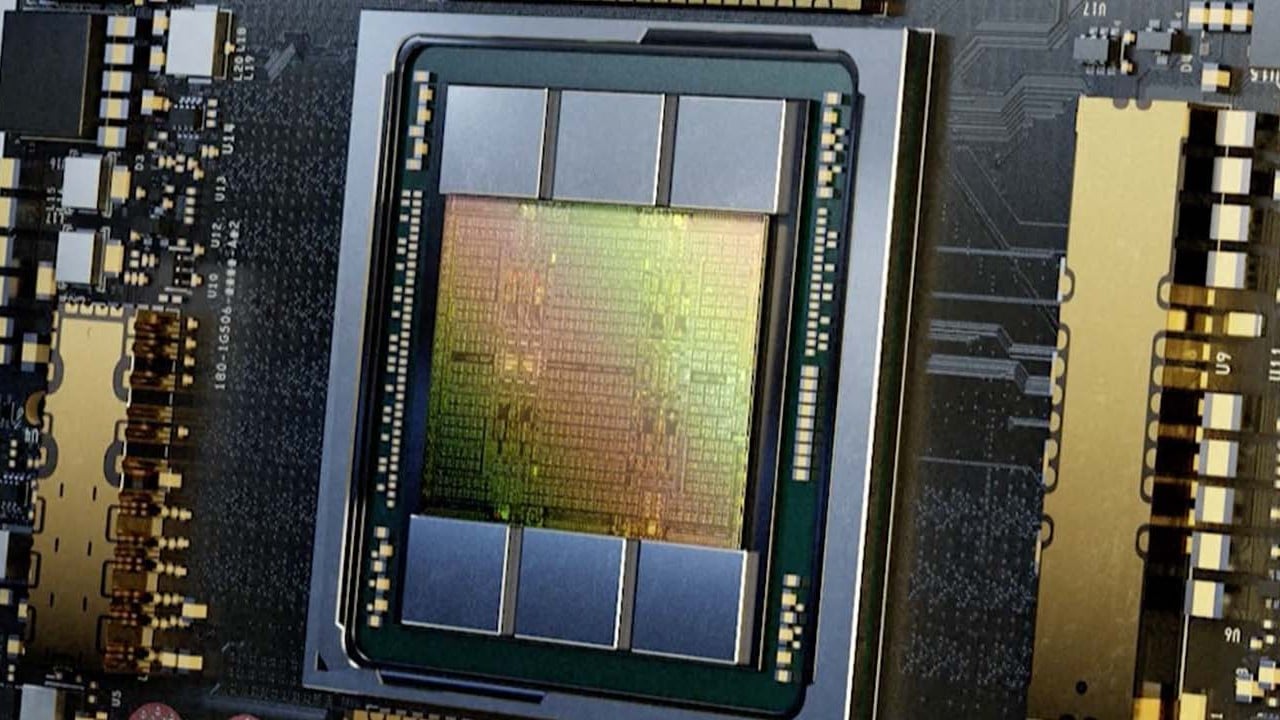
Dutch minister says she will fight for open trade in Davos chip panel discussion, as US pressure rises on export controls to China
- Washington has been upping the pressure on countries in the global chip supply chain to further limit exports to China
- Dutch foreign trade minister Liesje Schreinemacher said she will fight for open trade and to prevent protectionism in WEF panel discussion
Dutch foreign trade minister Liesje Schreinemacher said she will fight for “free trade” during a semiconductor panel discussion on Thursday at the World Economic Forum in Davos, Switzerland, amid recent US diplomatic pressure on countries to align with tighter tech controls on China.
Washington has been upping the pressure on various countries in the global semiconductor supply chain, including the Netherlands, to further limit the export of advanced chips and related US origin chip-making equipment to China to stem the country’s progress in the area.
The US has made the move in the name of national security, saying continued digitalisation of the Chinese military poses a threat to regional stability.
China has criticised the US controls as an attack on free trade and has even lodged a complaint with the World Trade Organization.
ASML, Lam Research rush to pull US engineers out of China amid new regulations
“Obviously in order to have the [semiconductor] value chain still in place, we need open trade,” said Schreinemacher during a panel discussion on the lessons to be learned from semiconductor supply shocks.
She also said that big-ticket government subsidies were not her “definition of open trade”.
“I know this [area] is under a lot of pressure internationally, but I will be fighting for open trade and to prevent protectionism,” said Schreinemacher, without mentioning China directly.
She also said countries need to work together to guard the integrity of the global semiconductor supply chain, including countries in Asia such as South Korea, and others that “could serve as a production location”, which could mean China, whose role in the global semiconductor supply chain – especially in mature technology – had been rising before the US stepped in.
The Netherlands is home to ASML, which has a quasi-monopoly on the supply of lithography systems which are vital for making various types of semiconductors, for advanced and legacy nodes.
ASML has a large sales team in China currently and revenue from the country accounted for around 16 per cent of the total in 2021, according to a Reuters report.
However, under US regulations that prevent non-American companies from using US-origin technology in certain areas, ASML has not been able to sell its extreme ultraviolet lithography machines to China, its third-largest overseas market.
The US stepped up its semiconductor export controls on China in October, and Washington has been lobbying the Netherlands and Japan to fall into line. This would further damage ASML’s revenue, and CEO Peter Wennink has pushed back.
ASML’s second-quarter sales data shows shift away from mainland China
There have been conflicting reports over the Dutch government’s stance on the issue. According to a December Bloomberg news report, citing unidentified sources, Japan and the Netherlands have agreed to tighten export controls on advanced chipmaking tools to China.
However, according to a Reuters report on Sunday, Schreinemacher said the country would not summarily accept US demands on chip technology.
The panel discussion also heard Intel CEO Pat Gelsinger say that China’s role in the global semiconductor industry had grown enormously due to government policies. “They are the largest manufacturer now outside Taiwan,” he said, “There cannot be disengagement … because they play a huge role.”
Gelsinger said that Intel, a beneficiary of last year’s US Chips and Science Act which earmarked nearly US$53 billion in incentives for domestic semiconductor manufacturing, has “to keep making those long term investments, even as near term we’re struggling through inventories”.


